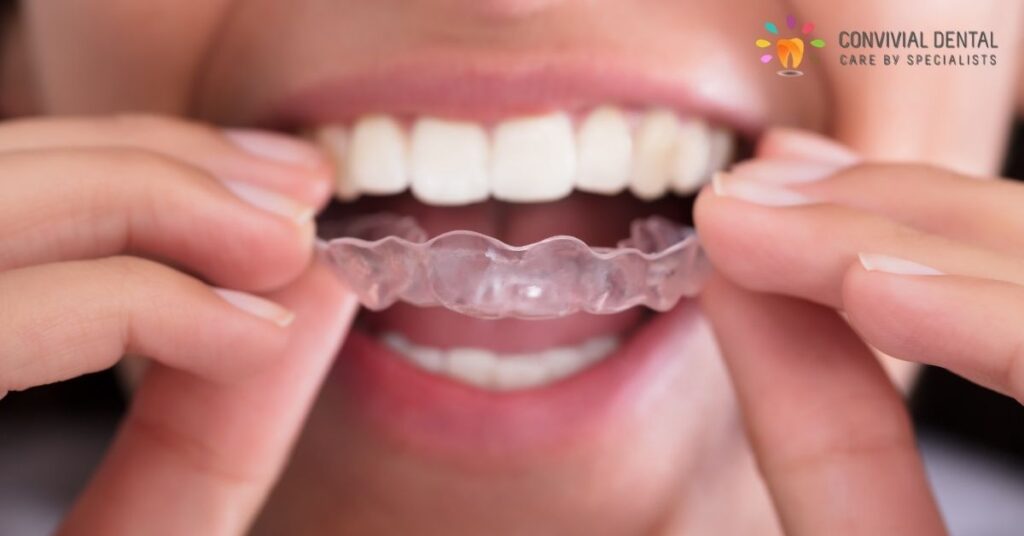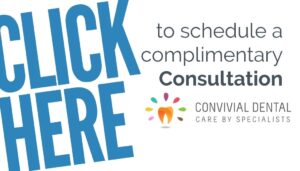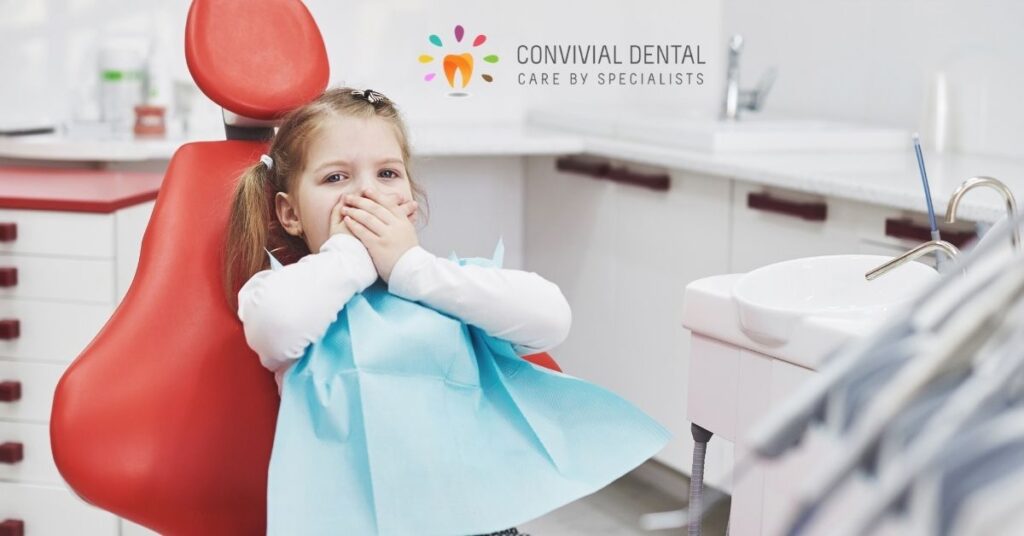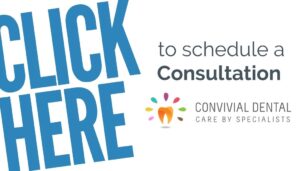Invisalign - The Choice for Orthodontics During Social Distancing
November 23rd, 2020
We live in strange times - gestures once taken for granted - handshakes, hugs, fist bumps - are now taboo; even our smiles are often hidden behind masks. But that doesn’t mean no one is seeing your smile. COVID-19 has meant socially distancing ourselves but it has also meant a boom in social media. Humans are social creatures and we’ve found new and creative ways to connect even while apart.
More selfies, virtual school, virtual meetings, and video chats are happening than ever before, which means we are even more up close and personal with our smiles. We all want to feel confident on screen - teens and adults alike. Self confidence is a huge factor in teen development and Invisalign has been found to increase teen confidence both during treatment and once they’ve achieved the smile they always wanted.
There is no need to wait to get the smile of your dreams for you or your child; and at Convivial Dental, we have combined the technology of Invisalign and virtual appointments, to make sure you are as safe as possible while achieving that smile.
Why is Invisalign a great choice right now?
While we are all allowed out and about again, fears are still running high. We still need to be careful about what we touch, where we spend our time, and with whom. Invisalign allows for a more socially distanced approach to orthodontics, while still making sure you get the expertise of a trained and specialized orthodontist like Dr. Cartsos. To get started, we use a 3D scanner to take images of your teeth and bone structure in order to map out a customized treatment plan and to build custom aligners that will help straighten your smile - invisibly. That means less time in your (or your child’s) mouth to get started.
Once your treatment plan is put in place, you will receive clear aligners to wear 22 hours a day - no skimping or treatment will take longer! We will want to see you for appointments, just like with braces, but with Invisalign we can space those appointments further out! And, with our virtual appointments we can see you from home! If we don’t see anything unexpected, we will give you instructions to move forward - no need to come into the office. Socially distant - Check!
In order to further minimize your time at our practice - gosh we miss seeing our patients all the time but we know it's safer - we have implemented curbside pick up for aligners. During your treatment, you will receive a few batches of clear Invisalign aligners at a time. We then gauge your progress at appointments (in person or virtual) and move to the next set - if all is going well, you can just pick them up curbside!
While we’d rather see each and every one of our patients all the time, we are doing our part to flatten the curve and keep everyone healthy and safe. Invisalign, paired with virtual appointments, allows us to help you attain the smile of your dreams in the safest way possible - it’s the choice. Not just any practice can do this, at Convivial Dental we have the expertise with both orthodontics and technology to help you get that smile. Our fun and friendly office may look a bit different than it used to, but we’re still cooking up ways to make you feel the love while you’re here!
There is so much that we’re depriving ourselves of these days, don’t let the smile of your dreams be one of those things. We have flexible financing and low down payments.
Call us today at 617-735-0800 or click below to schedule a free consultation - we can start virtually or in person - your choice!













